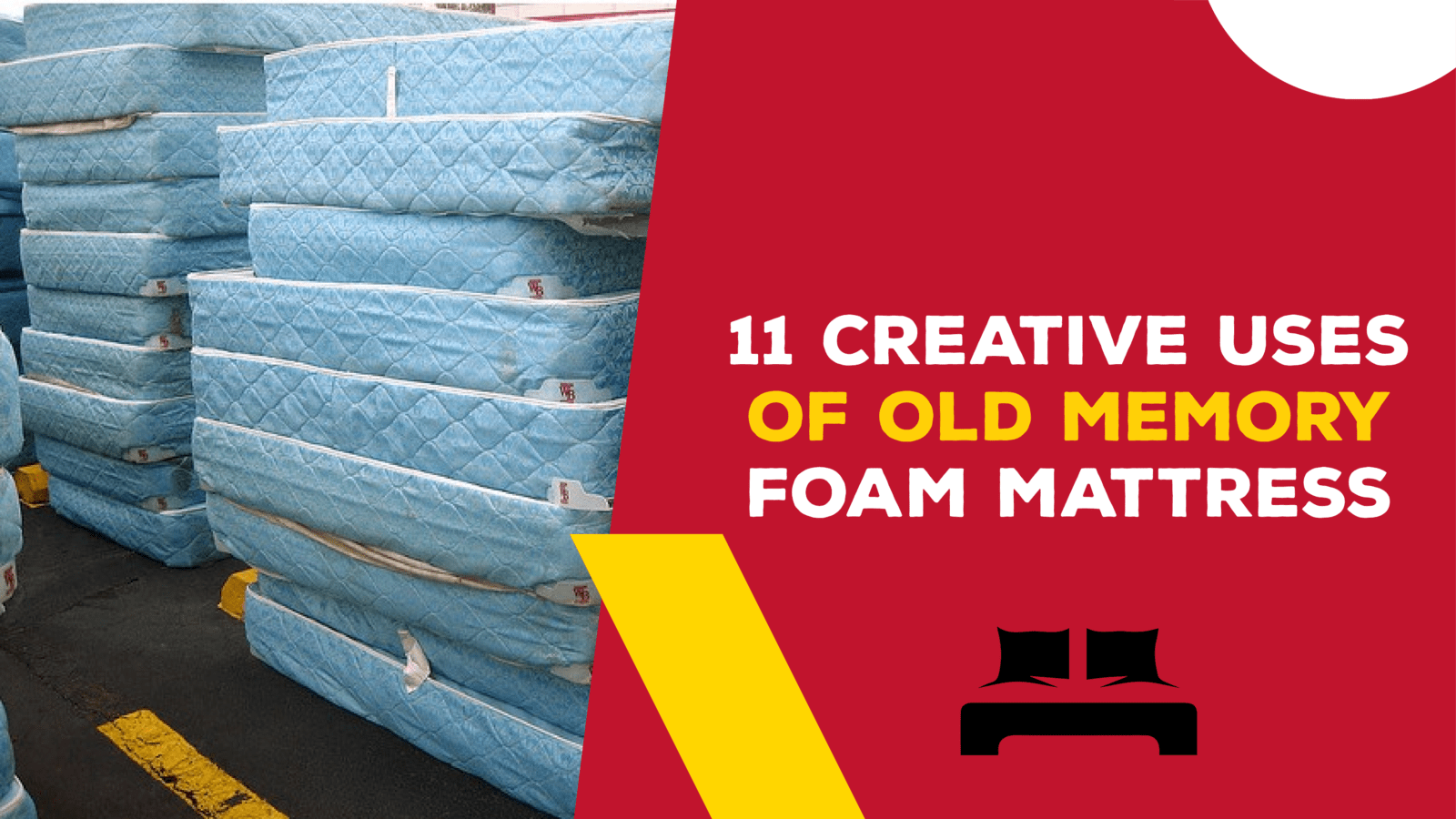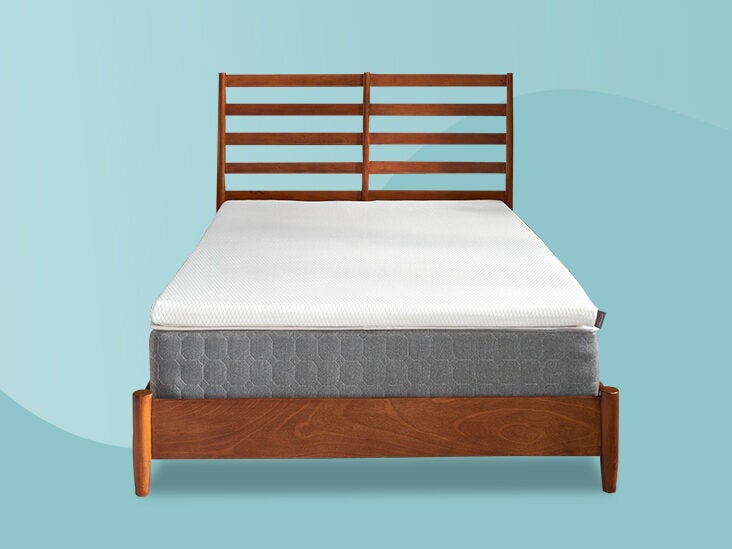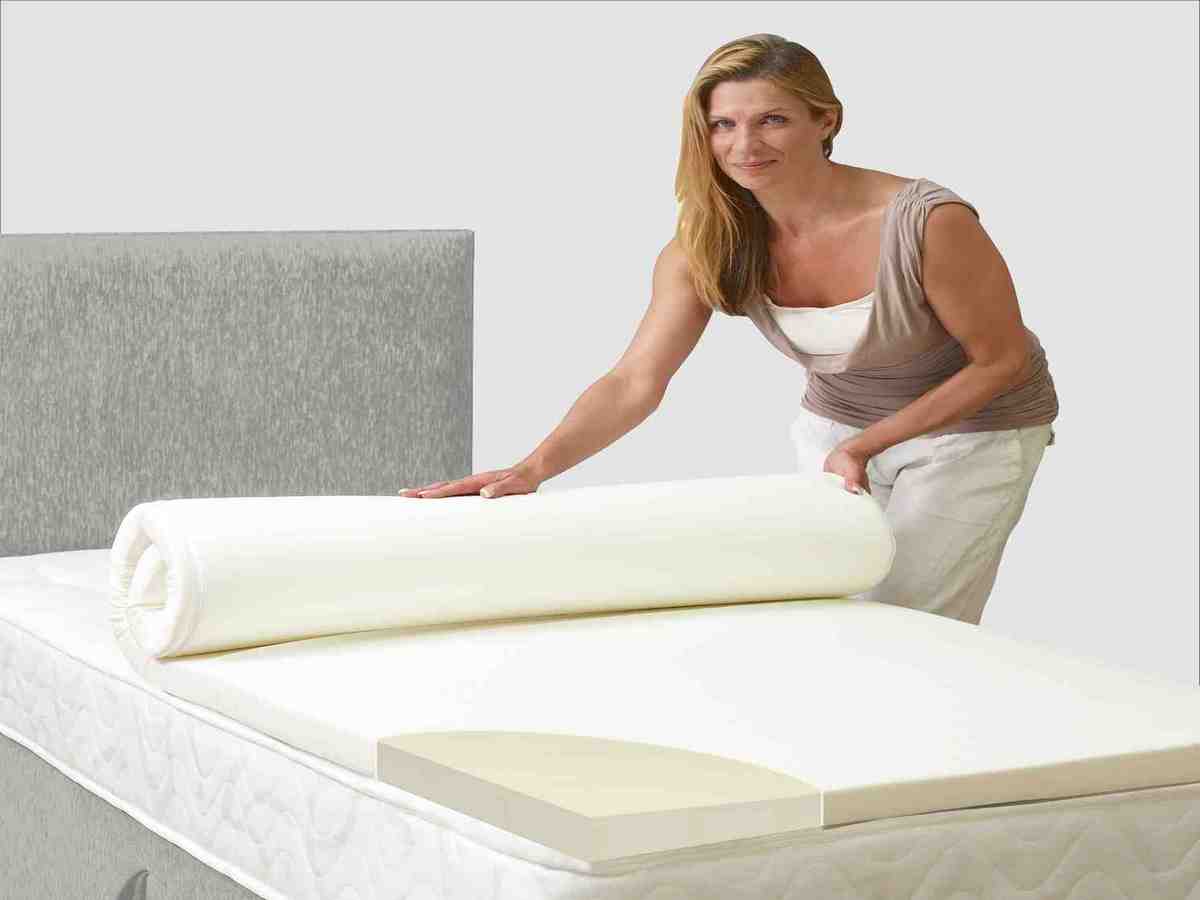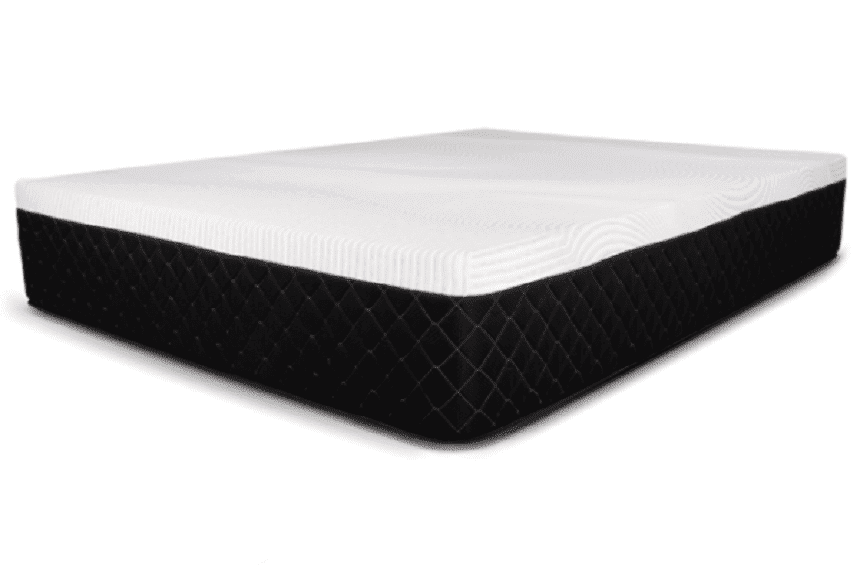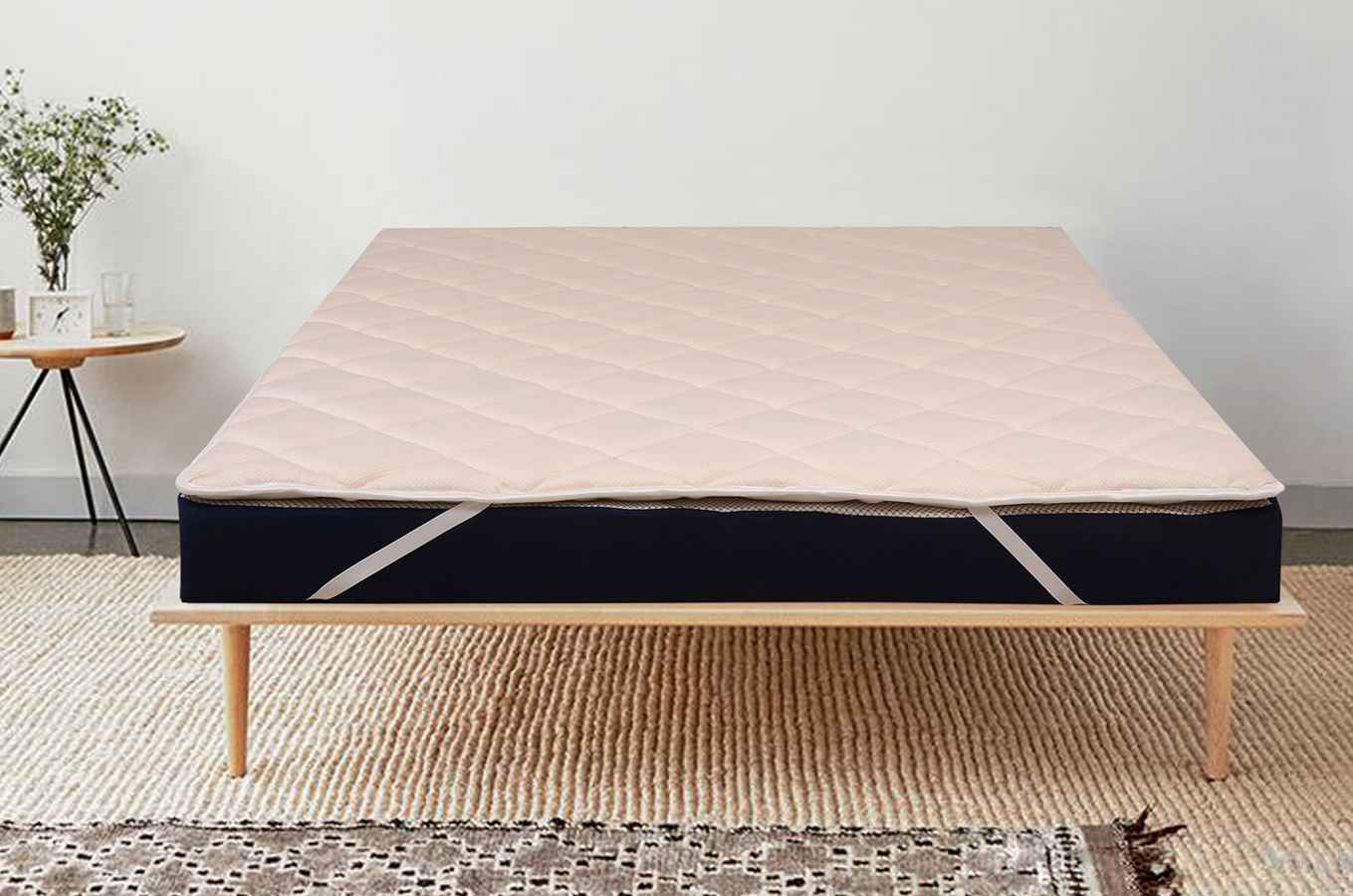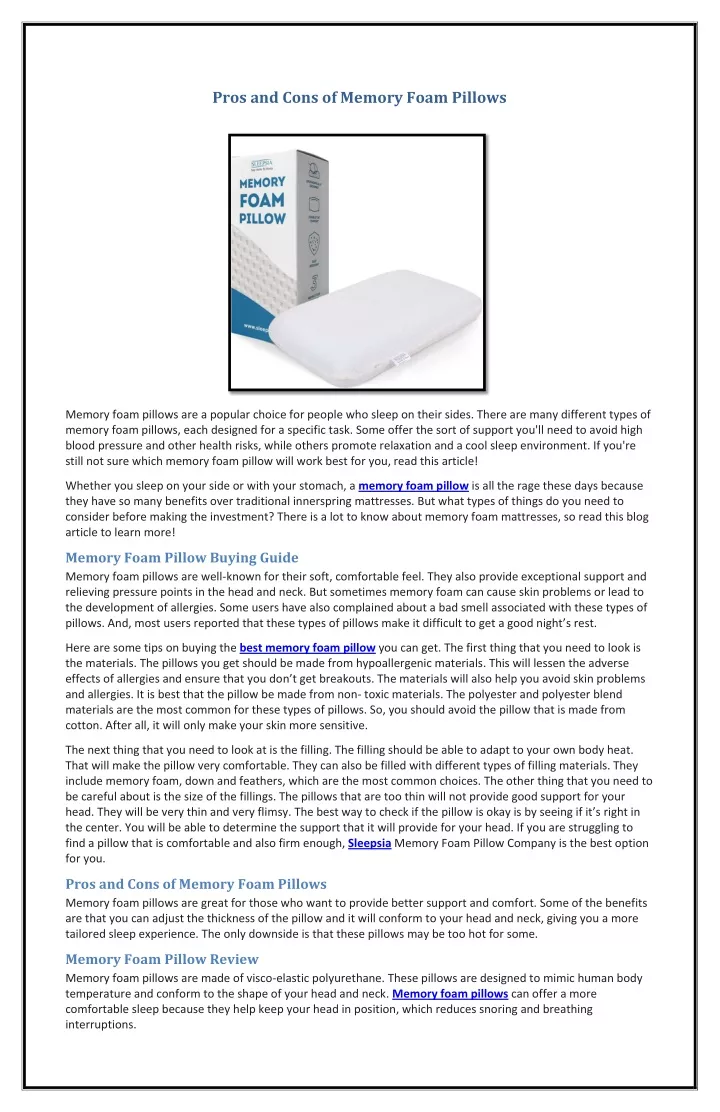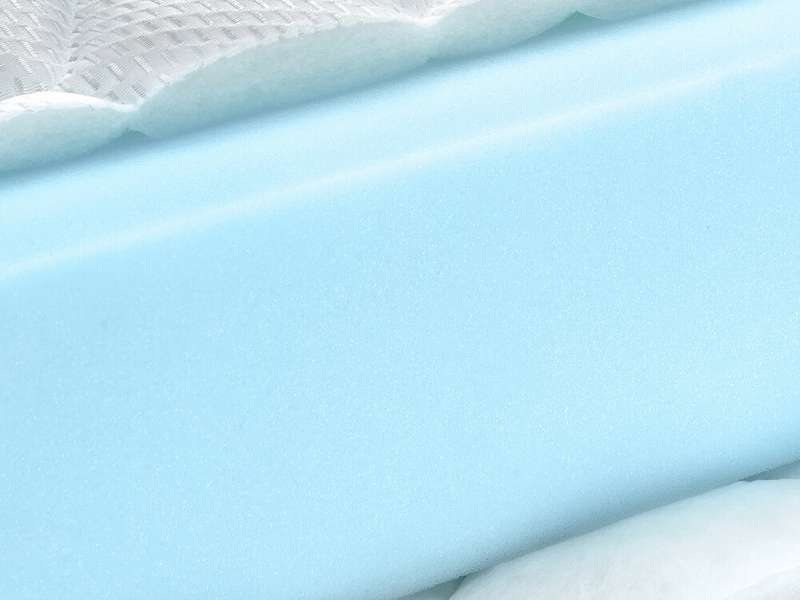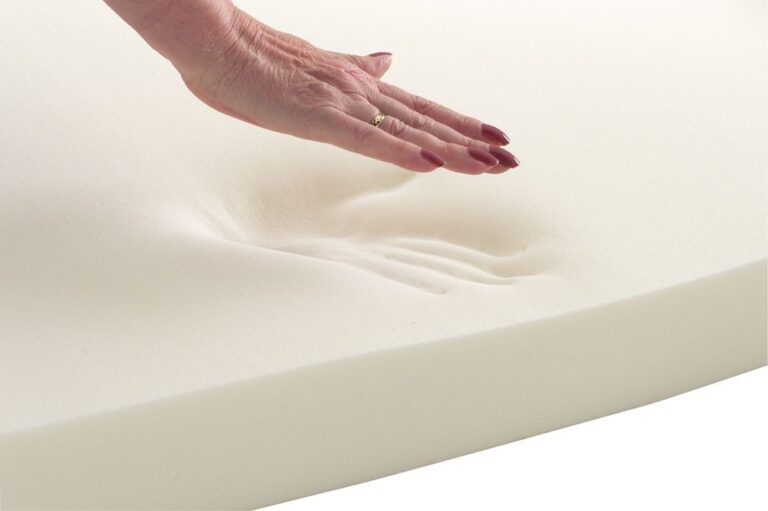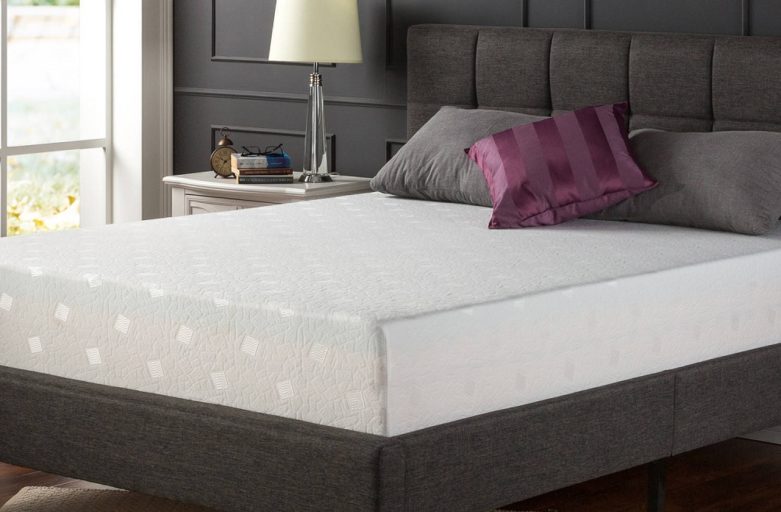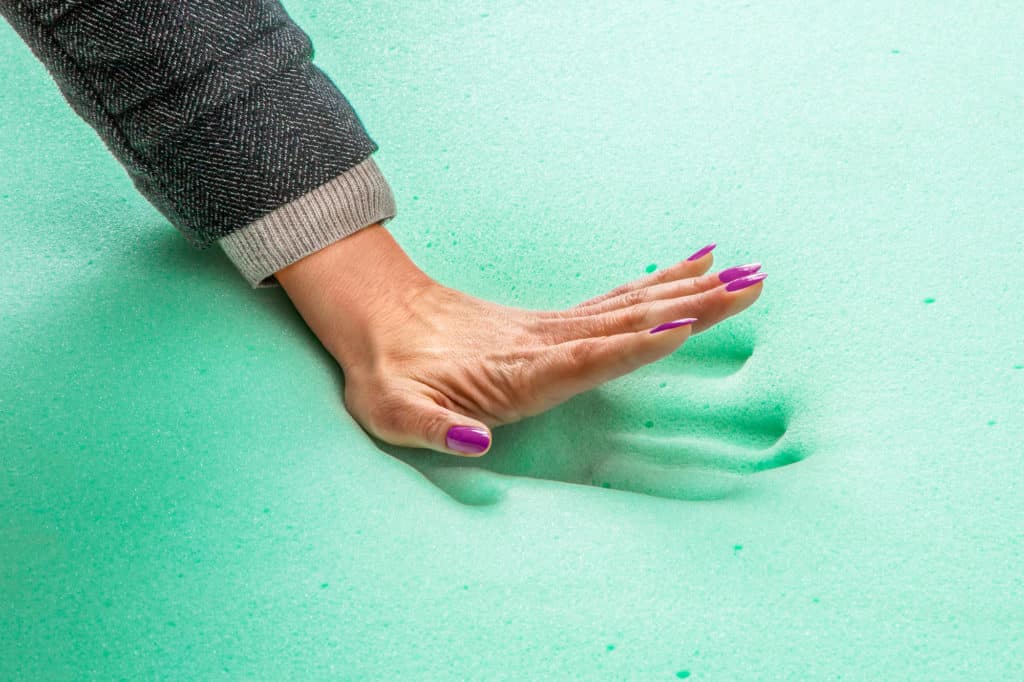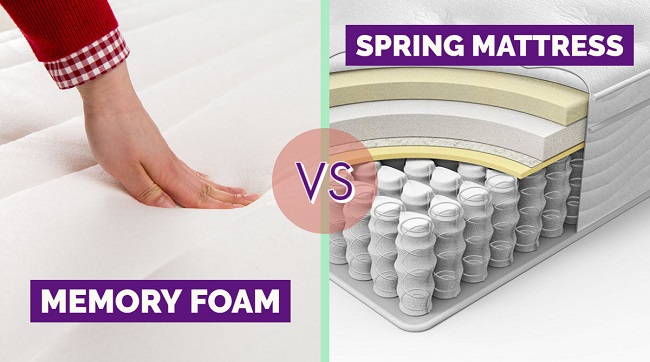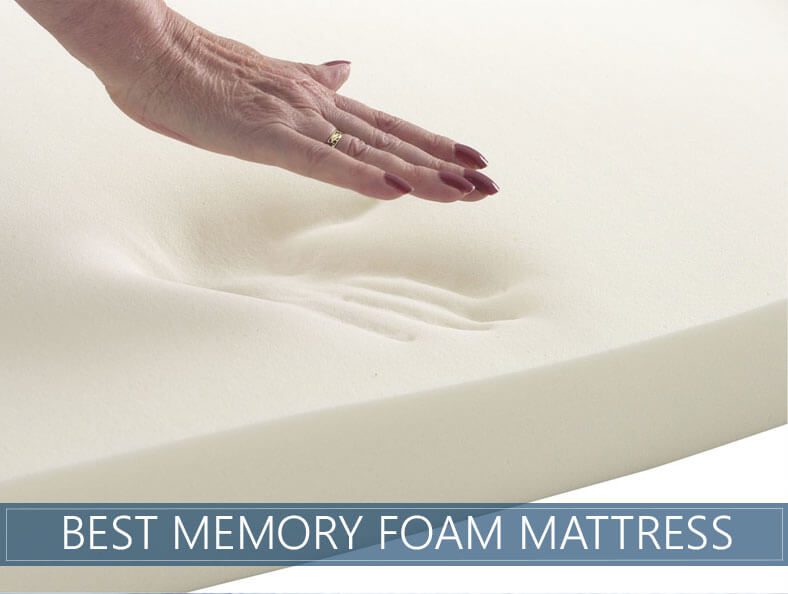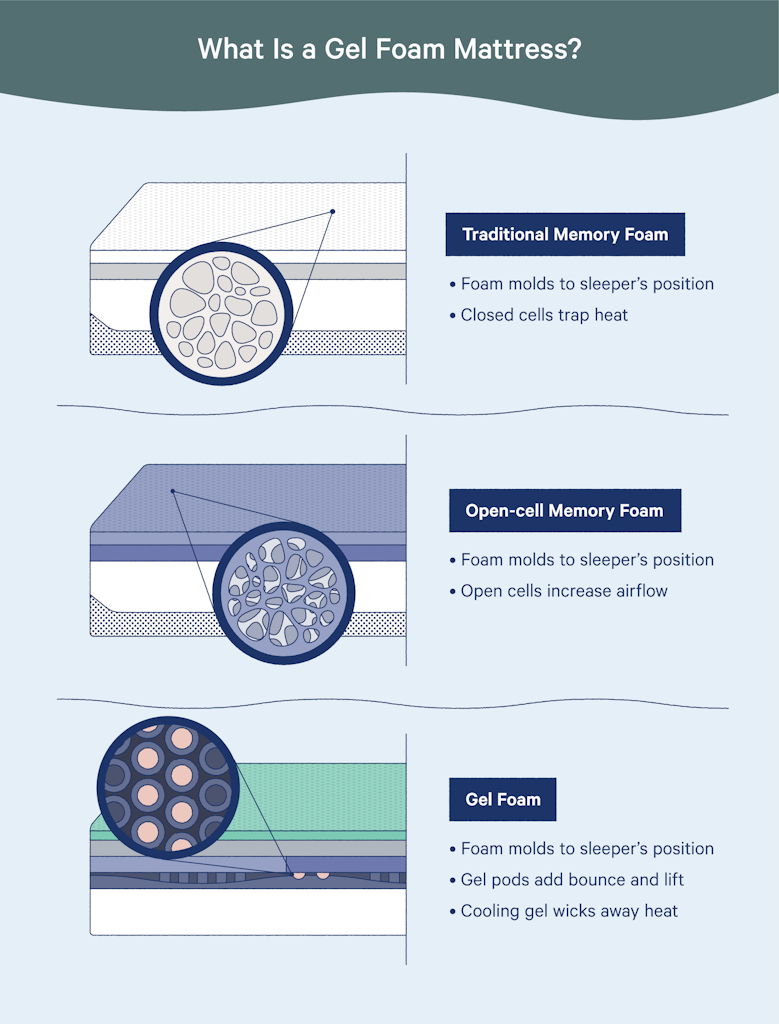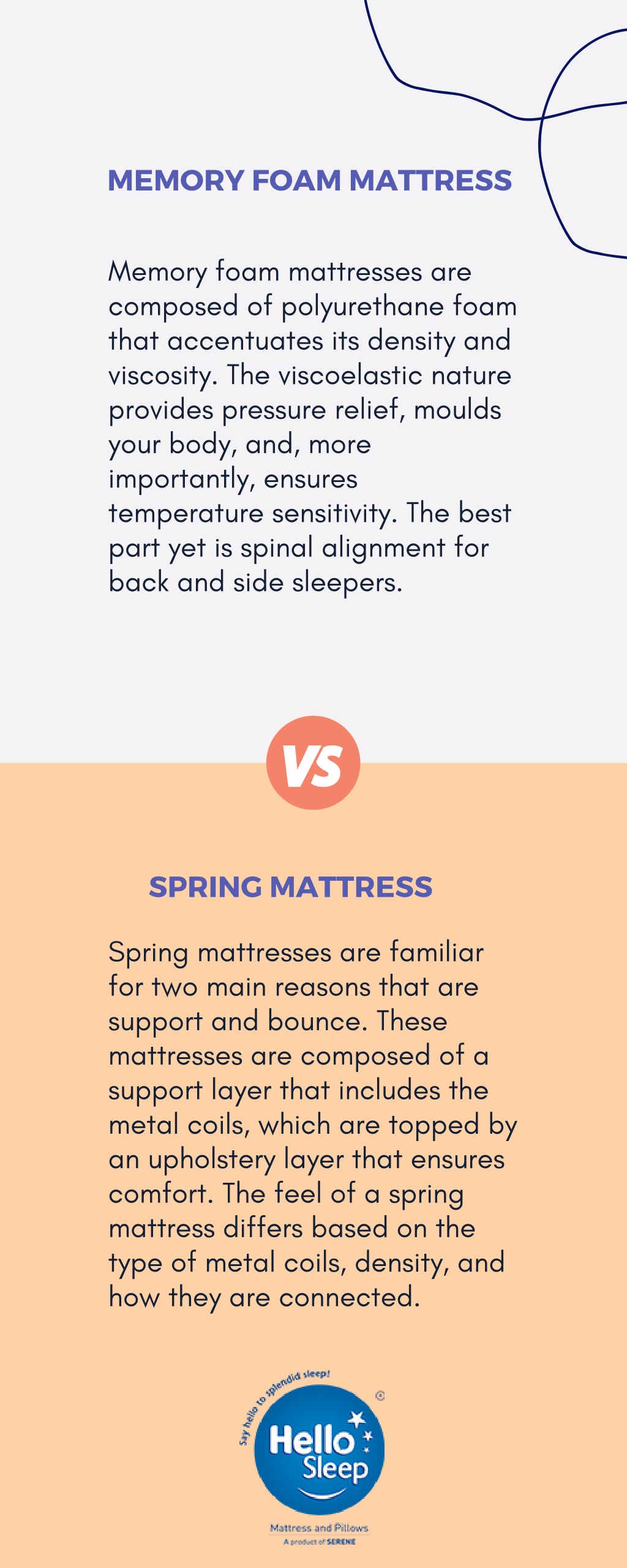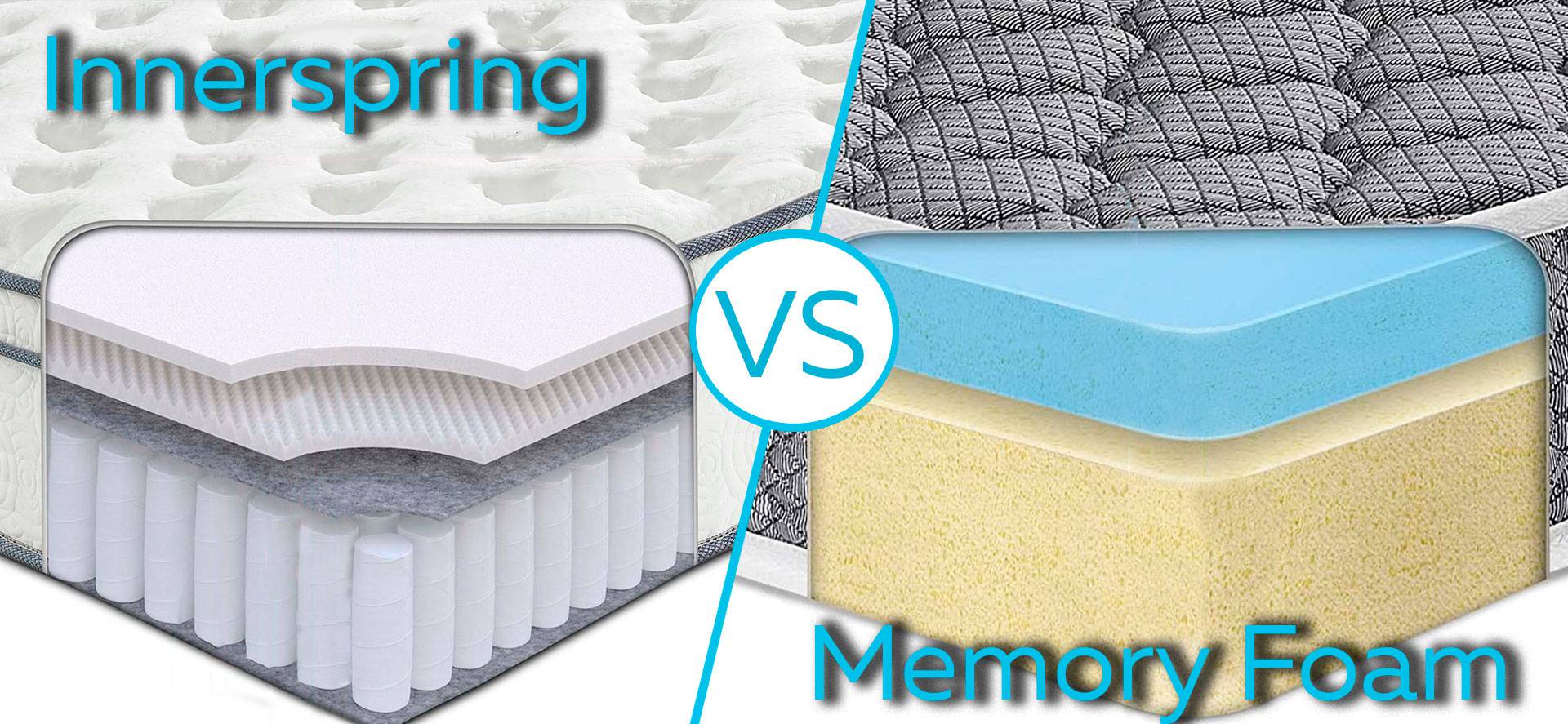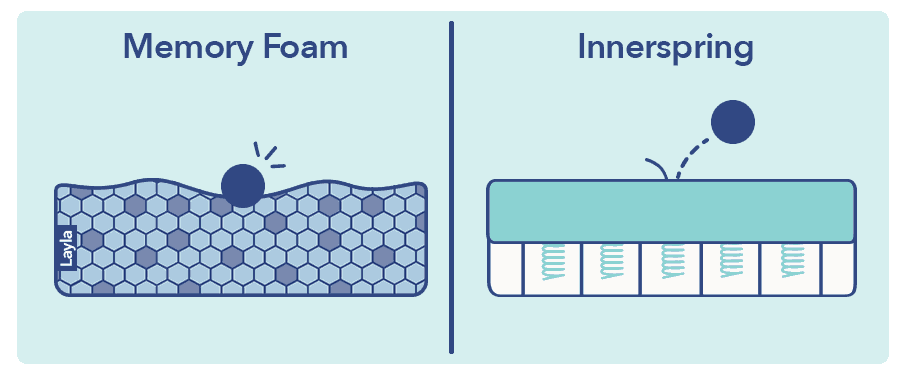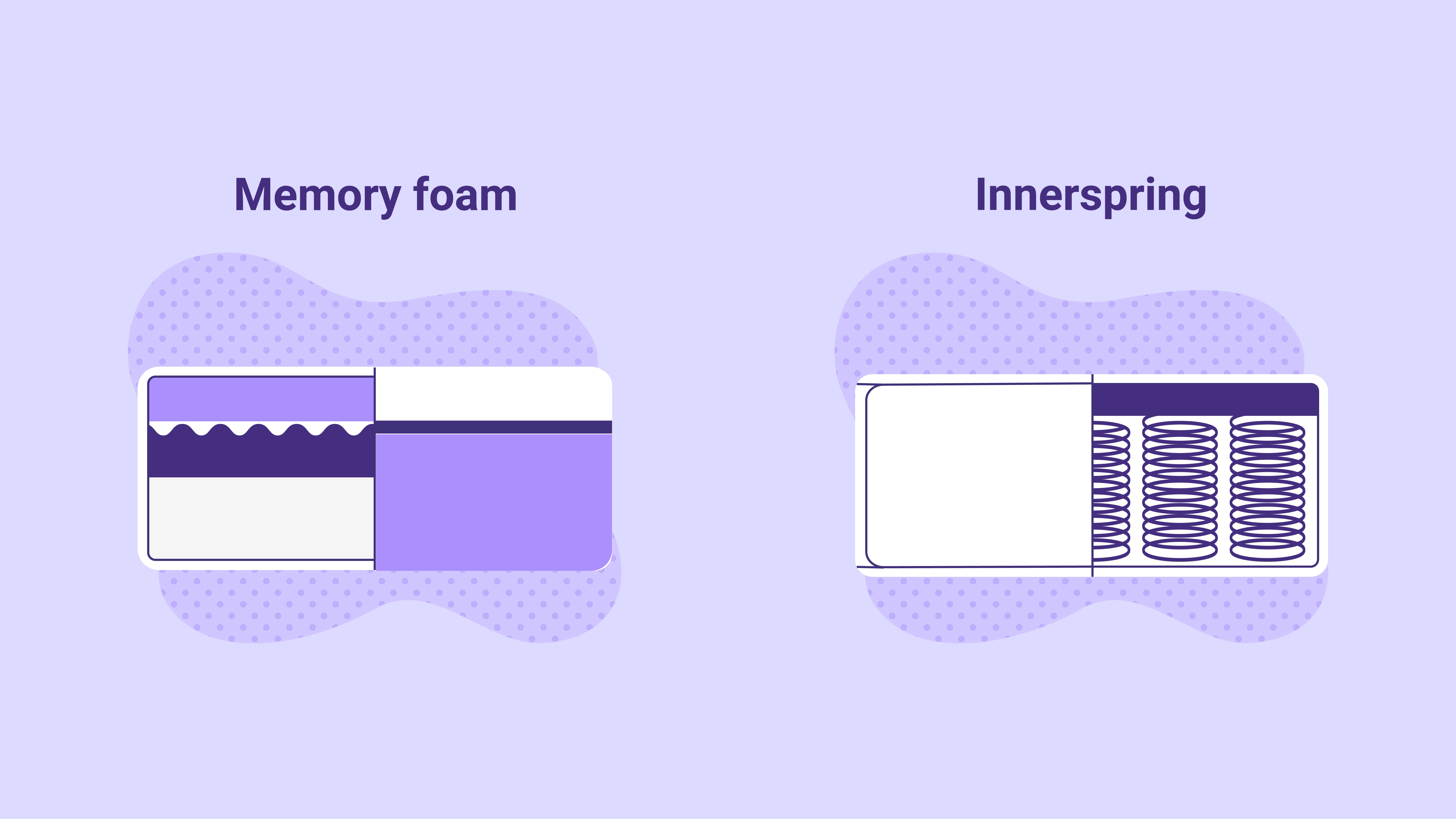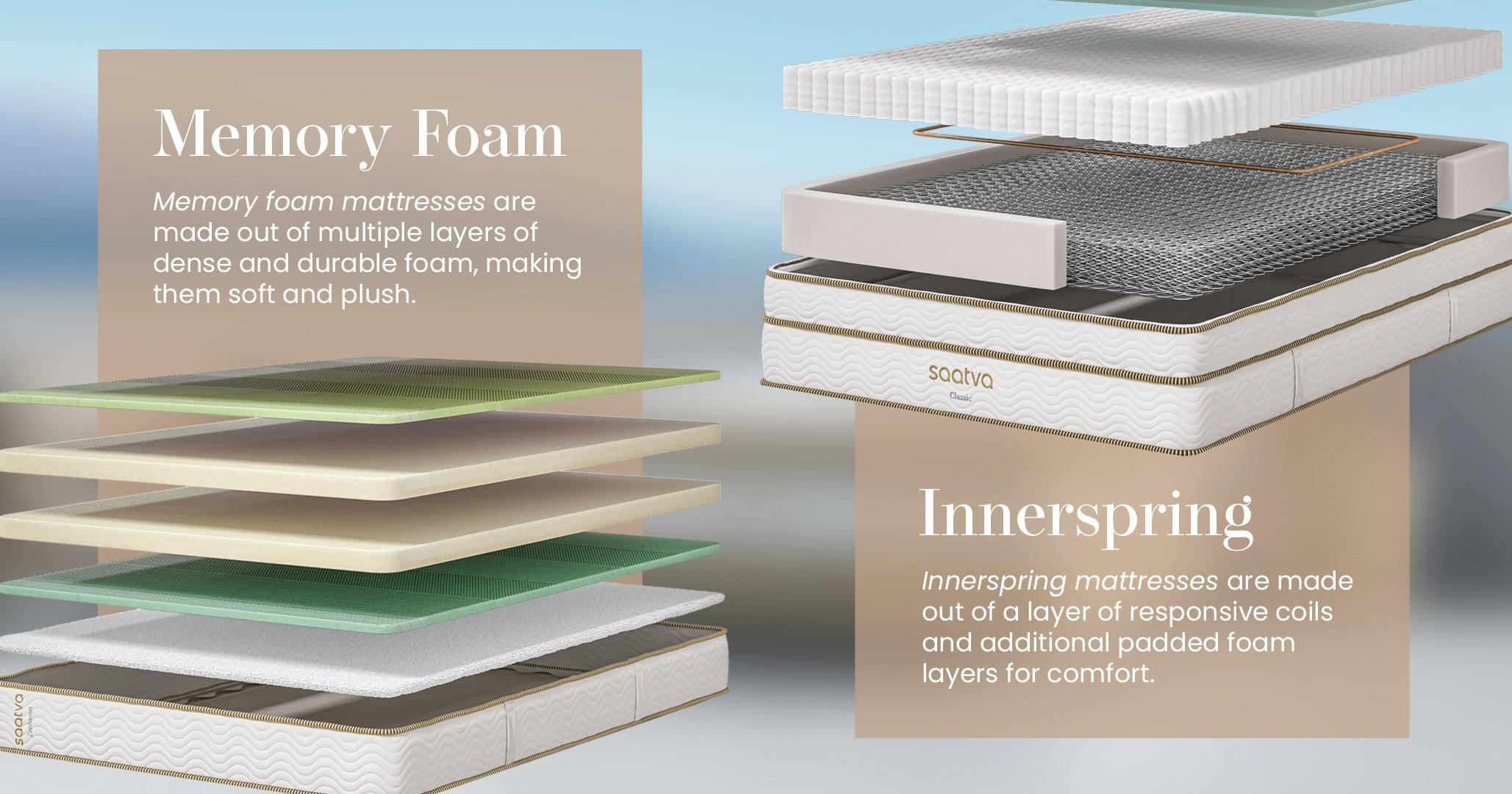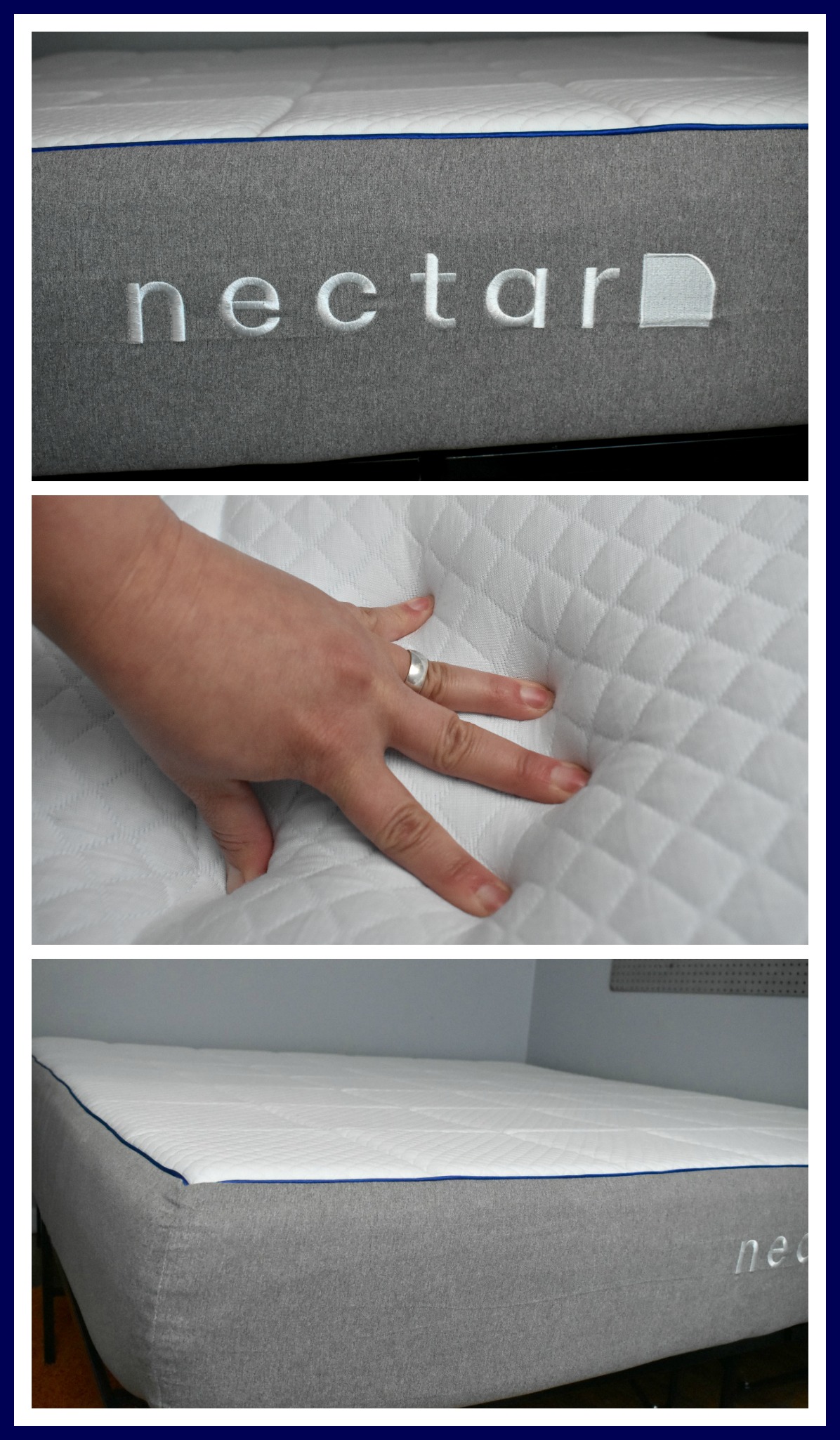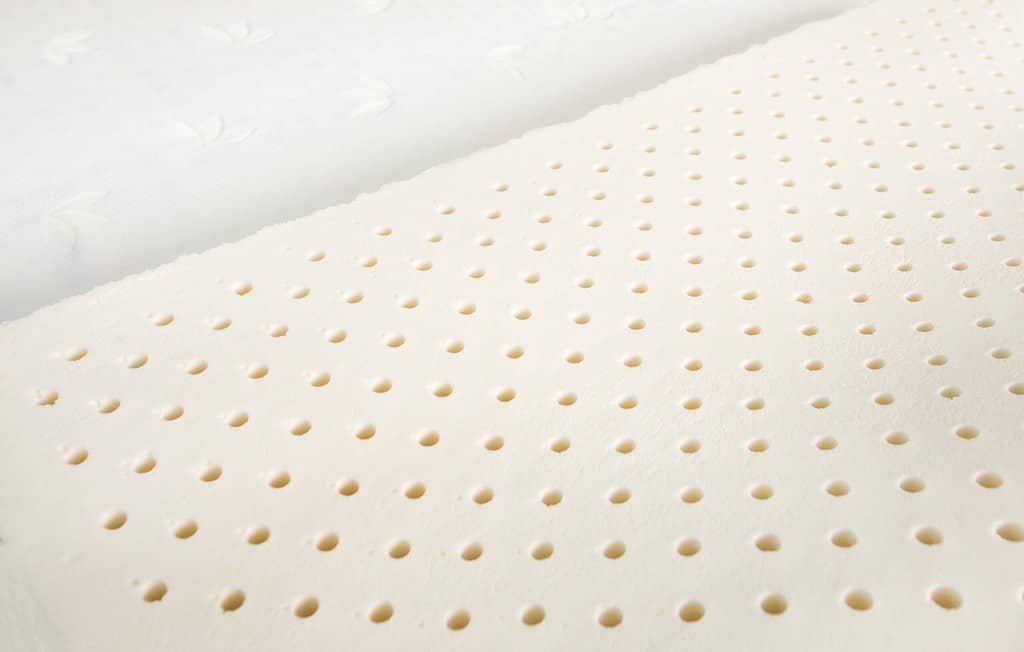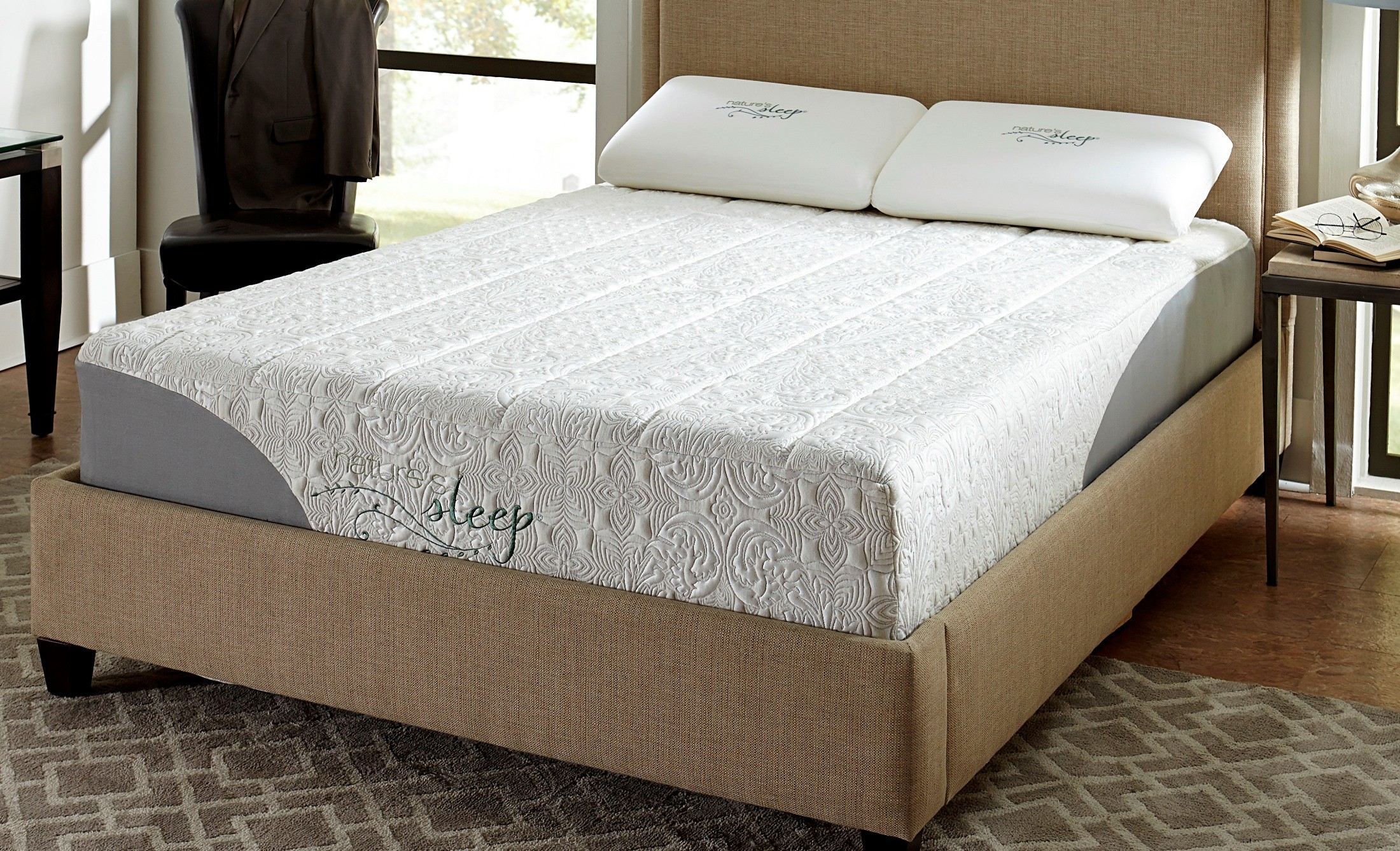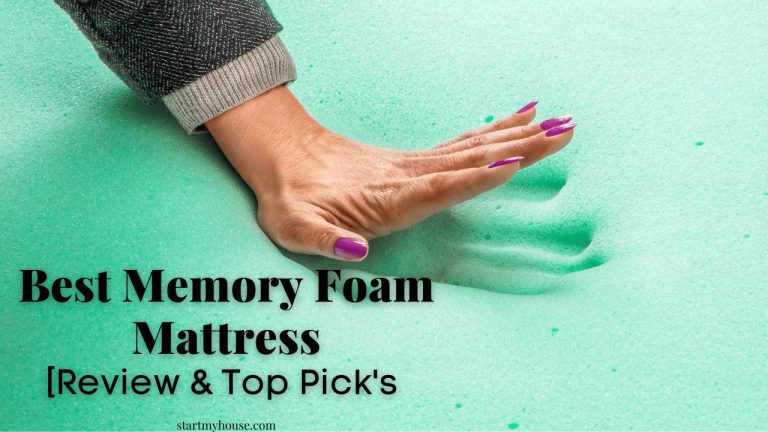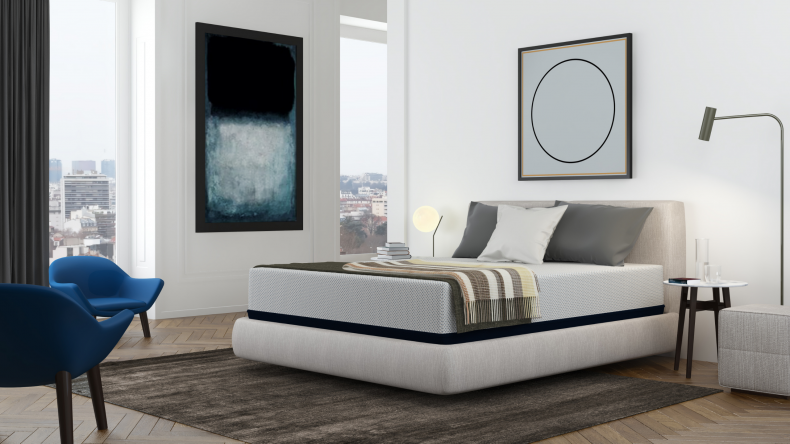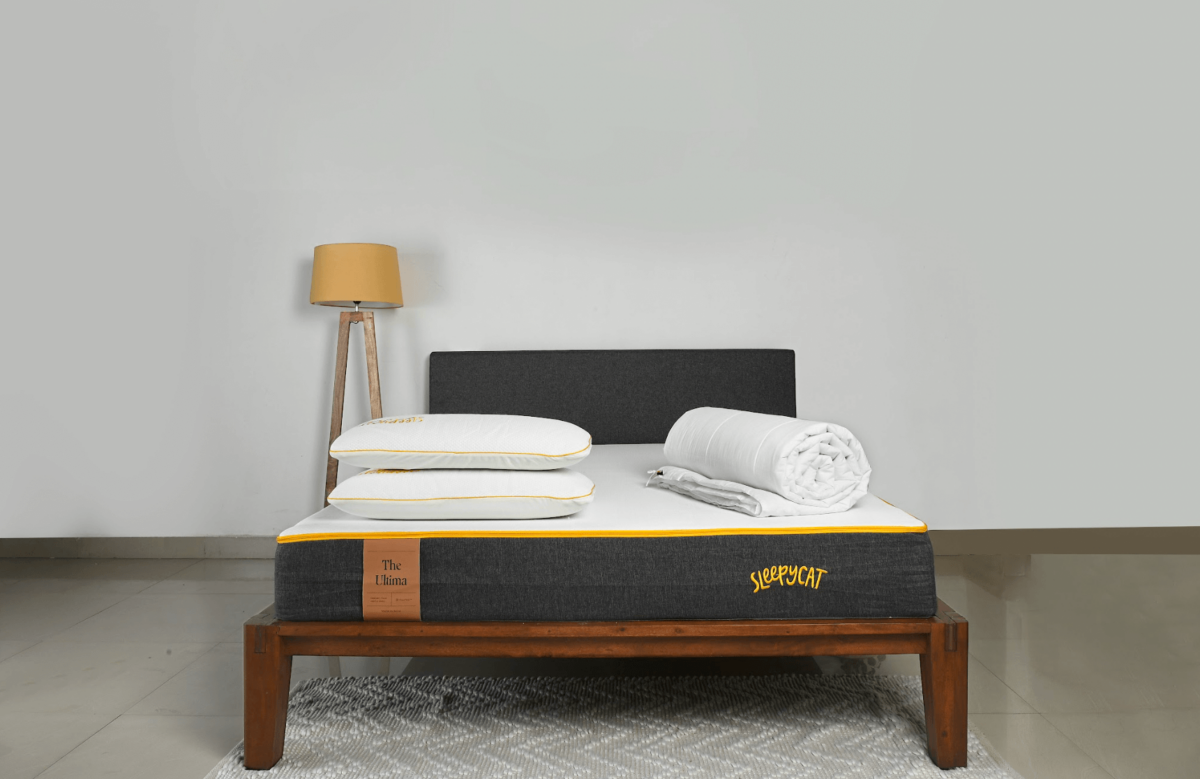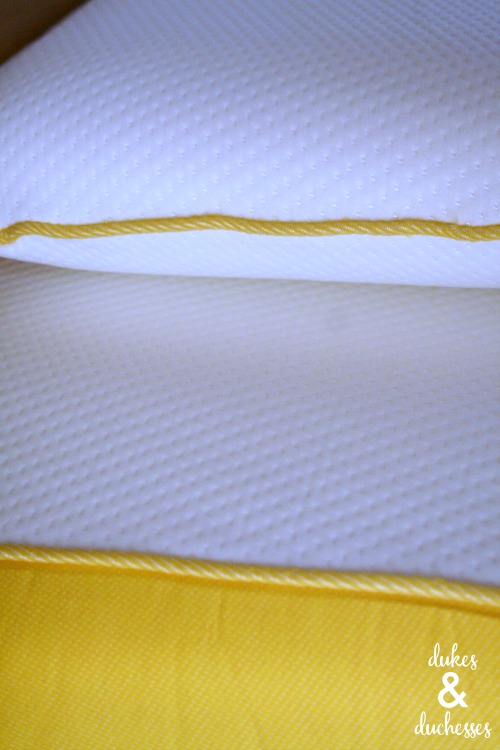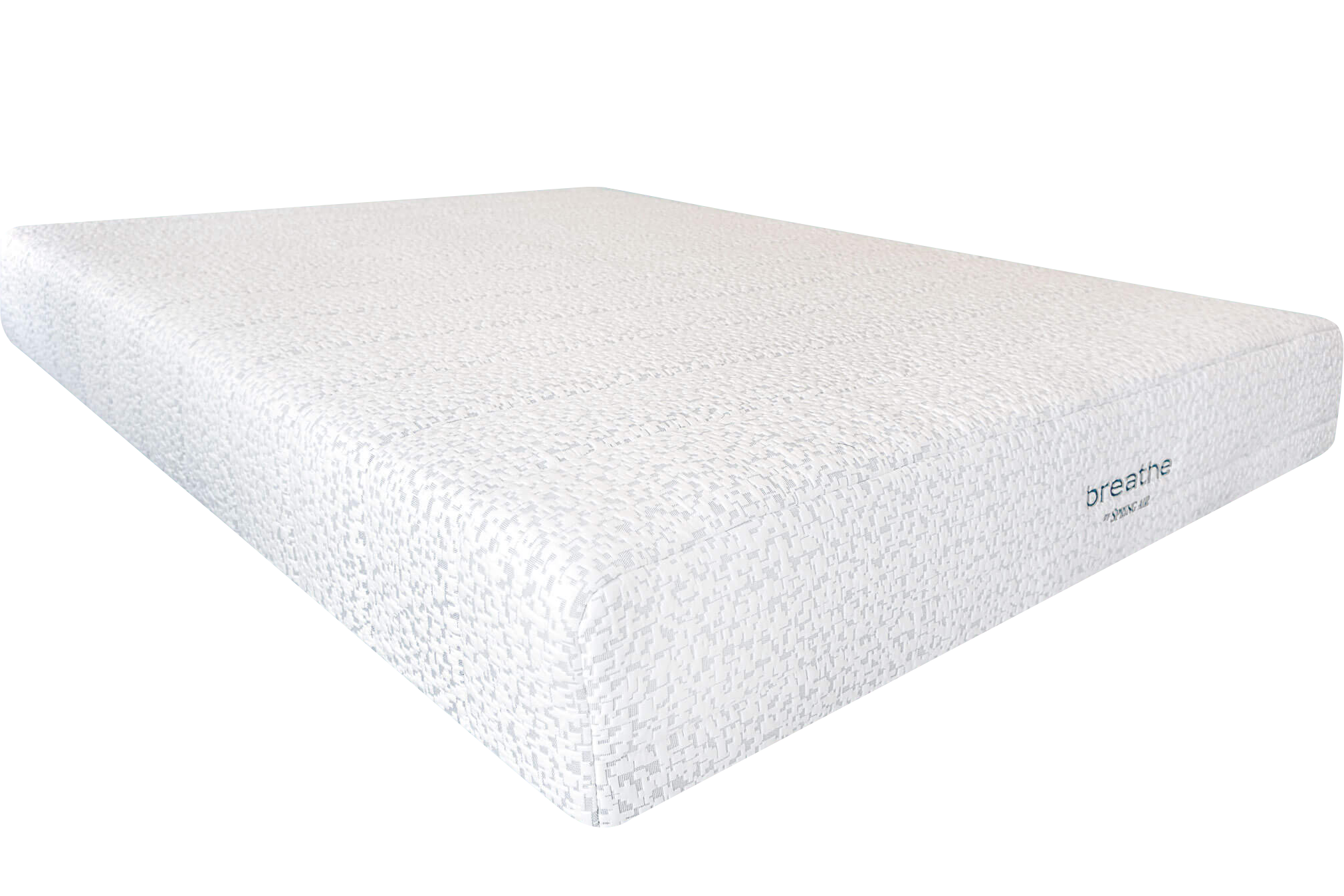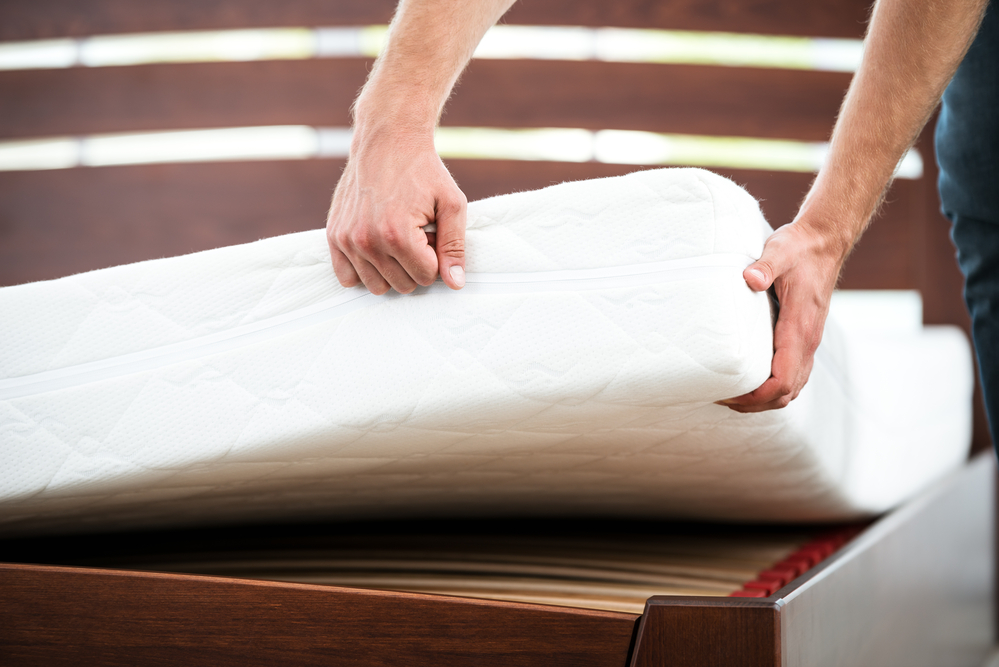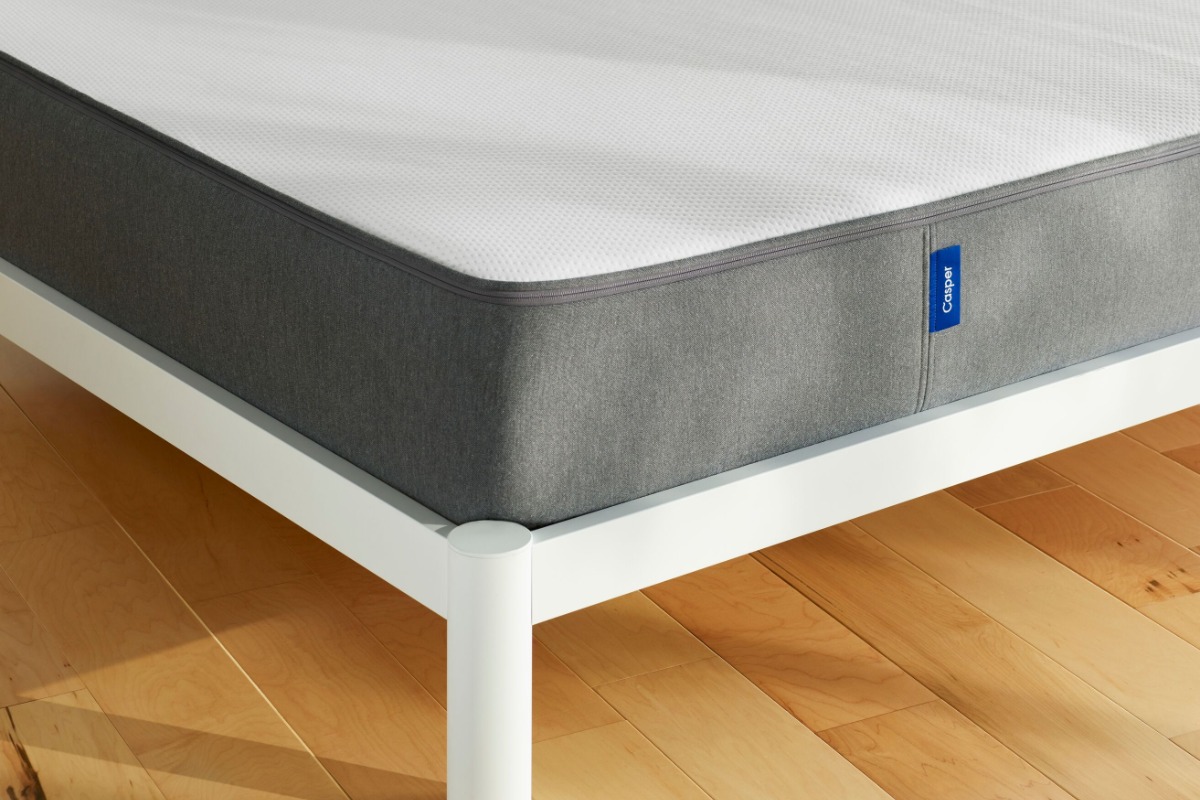Memory Foam Mattress Reviews: Are They Really Worth It?
When it comes to getting a good night's sleep, having the right mattress is crucial. With so many options on the market, it can be overwhelming to find the perfect one for you. One type of mattress that has gained popularity in recent years is the memory foam mattress. But are they really worth the hype? Let's take a look at some memory foam mattress reviews to find out.
Is a Memory Foam Mattress Good for Your Back?
One of the main selling points of memory foam mattresses is their ability to provide support and relieve pressure points. This can be especially beneficial for those who suffer from back pain. The contouring nature of memory foam can help align your spine and distribute your weight evenly, potentially reducing discomfort and improving sleep quality.
The Pros and Cons of Memory Foam Mattresses
Like any type of mattress, there are pros and cons to consider when it comes to memory foam. On the positive side, memory foam mattresses are known for their comfort and support. They also have motion isolation, meaning you won't be disturbed by your partner's movements during the night. However, some people may find memory foam to be too hot, as it tends to retain body heat. It can also be more expensive than other types of mattresses.
How to Choose the Right Memory Foam Mattress for You
With so many options available, it can be challenging to know which memory foam mattress is the right fit for you. Some factors to consider include firmness level, thickness, and density. Different sleep positions may also require different types of memory foam. It's essential to do your research and potentially try out different mattresses before making a purchase.
Memory Foam vs. Innerspring Mattresses: Which is Better?
Innerspring mattresses have been the traditional choice for many years, but memory foam has gained popularity in recent years. So, which one is better? It ultimately comes down to personal preference. Innerspring mattresses are known for their bounce and cooling properties, while memory foam mattresses provide more support and contouring. It's essential to consider your specific needs and comfort preferences when making a decision.
Top 10 Benefits of Sleeping on a Memory Foam Mattress
1. Provides support and relieves pressure points
2. Reduces motion transfer for better sleep quality
3. Contours to your body for personalized comfort
4. Can help with back pain and alignment
5. Durable and long-lasting
6. Available in a variety of firmness levels and sizes
7. Hypoallergenic and resistant to dust mites and mold
8. Can improve sleep quality and reduce tossing and turning
9. Can accommodate different sleep positions
10. Can be a good option for couples with different comfort preferences
Memory Foam Mattress Buying Guide: What to Look For
When shopping for a memory foam mattress, there are a few key factors to keep in mind:
1. Firmness level: Consider your preferred level of firmness for optimal comfort and support.
2. Thickness: Thicker mattresses tend to be more supportive, but it also depends on your weight and sleep position.
3. Density: Higher density foam is typically more durable and provides better support.
4. Certifications: Look for mattresses that are CertiPUR-US certified, meaning they are free from harmful chemicals.
Memory Foam Mattress Myths: Debunked
There are some common misconceptions about memory foam mattresses that may steer people away from trying them. Here are a few myths debunked:
Myth: Memory foam mattresses are too hot.
Fact: While some memory foam mattresses may retain heat, many are designed with cooling materials to combat this issue.
Myth: Memory foam mattresses are too expensive.
Fact: While memory foam mattresses can be more expensive than other types, there are budget-friendly options available.
Myth: Memory foam mattresses are only for back sleepers.
Fact: Memory foam can accommodate all sleep positions, depending on the firmness level and density.
How Long Does a Memory Foam Mattress Last?
The lifespan of a memory foam mattress can vary depending on the quality and care. On average, a memory foam mattress can last anywhere from 8-10 years. Proper maintenance, such as rotating the mattress and keeping it clean, can help prolong its lifespan.
Memory Foam Mattress Care: Tips for Keeping Your Mattress in Top Shape
- Rotate your mattress every 3-6 months to prevent sagging.
- Keep your mattress clean by vacuuming it regularly and using a mattress protector.
- Avoid jumping or standing on your mattress, as this can damage the foam.
- Follow the manufacturer's instructions for cleaning and care.
Why Memory Foam Mattresses are a Good Choice for Better Sleep

Experience Unmatched Comfort and Support

The memory foam mattress has quickly become a popular choice among sleepers due to its unique ability to contour to the body. Made from a special type of polyurethane foam, this mattress responds to body heat and weight, molding to the shape of the sleeper's body. This supportive material helps to evenly distribute body weight, relieving pressure points and promoting better spinal alignment. As a result, sleepers can experience a more comfortable and restful sleep, waking up feeling rejuvenated and pain-free.
Enjoy a Disturbance-Free Sleep
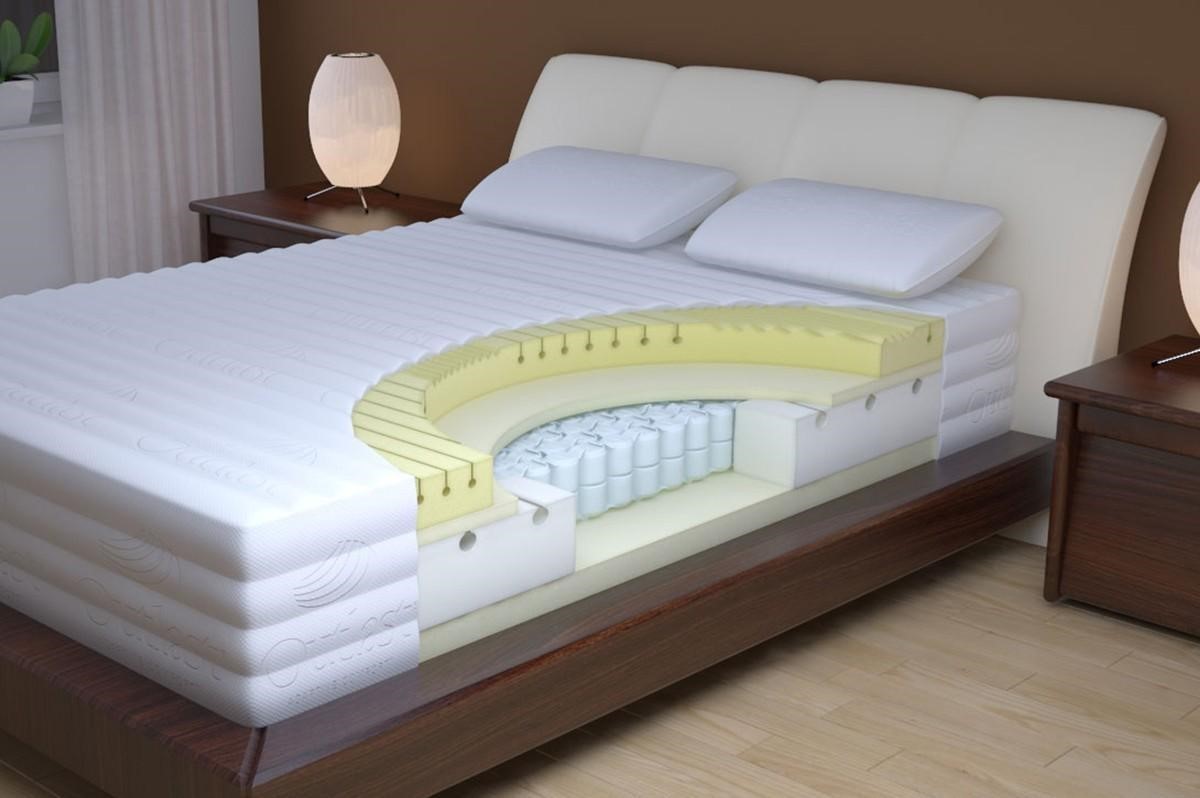
One of the biggest complaints of traditional spring mattresses is the transfer of motion, causing disturbance to the other person sharing the bed. With a memory foam mattress , this issue is greatly reduced. The foam absorbs movement, minimizing the impact of tossing and turning and allowing for a more peaceful sleep. This is especially beneficial for couples who have different sleep schedules or for those who are easily disturbed by their partner's movements.
Long-Lasting Durability

Memory foam mattresses are known for their durability, making them a wise investment for those looking for a long-term bedding solution. The foam is resistant to sagging and can maintain its shape for many years, unlike traditional mattresses that tend to break down and lose their support over time. This means that you won't have to replace your mattress as frequently, saving you money in the long run.
Improved Allergy-Resistance

For those who suffer from allergies, a memory foam mattress can be a game-changer. The dense foam material is resistant to dust mites, mold, and other allergens that can trigger sneezing, coughing, and itching. This can greatly improve the overall air quality in your bedroom, allowing for a more peaceful and healthy sleep environment.
In conclusion, when it comes to choosing a mattress, it's important to consider both comfort and support. With its unique ability to mold to the body and distribute weight evenly, as well as its long-lasting durability and allergy-resistant properties, it's clear that the memory foam mattress is a great choice for those looking to improve their sleep quality. So why wait? Invest in a memory foam mattress today and experience the difference for yourself!







